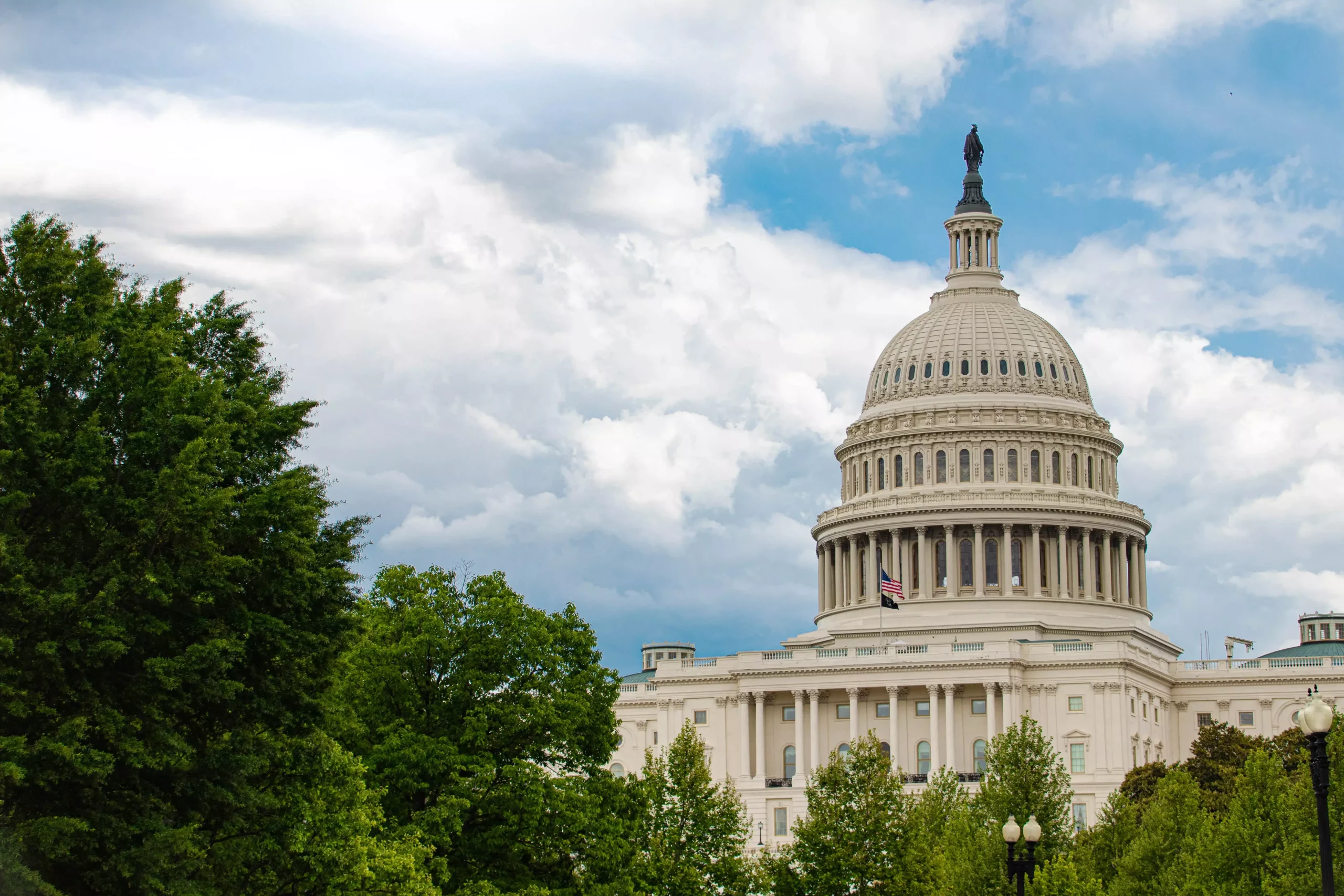The 117th Congress of the United States has only a few months left, and a lot of legislative priorities to tackle in a short time.
Perhaps most pressing is the need to pass a continuing resolution (CR) to fund the government after the end of the fiscal year on September 30. In the short time between now and the end of the month, Congress has to decide what will go in that resolution — and then do it all again when a long-term CR is hashed out in December.
Additionally, the Senate has a few remaining priorities to tackle before the end of the year, and tax extenders need to be addressed — all with the looming midterm elections. During our recent Fall 2022 Legislative Preview webinar, CQ and Roll Call expert journalists discussed the likelihood of current bills on the table being passed, potential breakthrough issues to watch, and the pressing legislative issues in Congress this season. Here are the highlights from their conversation.
Continuing Resolution Negotiations
As of time of writing, Congress’s top legislative priority is to approve a continuing resolution (CR) by the end of September in order to keep the government funded through the end of the year. As is always the case, there are a few potential CR provisions that are under debate.
Energy Permitting
One of the biggest ones to watch is potential legislation that would allow for expedited permitting for energy projects. This is a policy that was developed as part of a deal struck between Senate Majority Leader Chuck Schumer, R-N.Y., and Sen. Joe Manchin, D-W.Va., this past summer. While Schumer has said that he wants to vote on energy permitting legislation as part of the CR, there are a number of challenges to overcome.
First, Republicans have put forward their own legislation on energy permitting, and they may prefer to vote for that over the Schumer-Manchin proposal. Meanwhile, progressive Democrats oppose the measure on the principle of environmental justice. The final draft of the energy permitting legislation from Schumer and Manchin hasn’t been completed at the time of writing, casting more uncertainty on its future.
Financial Aid & Disaster Relief
Other contentious CR provisions include various types of financial aid and disaster relief. For example, Congress is facing the question of how much aid to give to Ukraine. There is general support for helping the war-torn country, but some lawmakers are concerned about the ongoing costs and wonder if aid is still needed, given Ukraine’s recent advances.
COVID-19 funding is a category of aid that’s losing support even more rapidly. While the White House wants to continue funding pandemic relief, there is no appetite among Republicans to do so. “Primarily, their argument is, you had the American Rescue Plan, you had all this relief funding for COVID, and some of it is unspent or unallocated,” said Laura Weiss, tax and economic policy reporter at CQ and Roll Call. “The White House wants it. There are many Democrats who want it. But it’s going to be a tough climb with Republican resistance.”
On the topic of healthcare, FDA user fees are up for renewal in this upcoming CR and the panel of CQ Roll Call journalists is fairly confident it will be included. Similarly, aid for 9/11 first responders has not been finalized yet, causing some to be concerned, but that typically gets bipartisan support and is expected to pass.
Finally, it’s currently unclear what will go in the CR in it in terms of domestic disaster relief. “Funding for natural disasters does tend to have more bipartisan support. It’s a little up in the air whether it would for this CR,” said Weiss. “The pressure from Republicans is really to put as little as possible in here. But that is something that definitely has more openness than … some of the other White House requests.” Some amount of disaster relief is expected to make it into the CR, but it’s unclear how much and where it will go.
Tax Extenders to Watch
Arguably the most significant tax-related issue to be discussed in the fall months is R&D incentives. The 2017 Tax Cuts and Jobs Act changed the way R&D is expensed in a way that makes it less competitive. There is bipartisan support for repealing that provision and giving more financial support to R&D. However, some progressive Democrats want to reinstate the Child Tax Credit, and they have suggested finding the money for that by keeping R&D-related tax laws as-is.
“It’s a little bit of an interesting position because a lot of those Democrats do support R&D incentives, but they’re saying, we don’t want to do that for companies if we’re not doing something for families at the same time,” said Weiss.
A number of other extenders are also on the table, including a retirement savings bill and extenders for a few business benefits from the 2017 act that are due to expire this year. There will likely be more detailed talks about extenders after the CR is finalized.
Final Legislative Priorities
The Senate has approximately two more weeks to meet than the house, and our CQ Roll Call team predicts it’ll try to use that extra time to confirm as many judges as possible. “Democrats in the Senate want to confirm as many judges as possible because they don’t know what happens on January 3rd,” said Jason Dick, Editor-in-Chief of CQ and Roll Call.
Additionally, there are a handful of pieces of legislation originating in the Senate that may be addressed in the final few weeks of the year. One promising bill is a Taiwan policy bill put forward by Sen. Bob Menendez, D-N.J., and Sen. Lindsay Graham, R-S.C. “If there’s a dark horse bill to come out of the Senate … before the election,” it will likely be this one, according to John Bennett. “It usually polls pretty well for both parties to be tough on China, especially right before an election.”
Schumer has stated that he wants to vote on a same-sex marriage equality bill this year. The House has already passed this bill.
The National Defense Authorization Act (NDAA) will have to be voted on before the end of the year to finalize the budget for the nation’s defense. While there is often debate surrounding the particulars of the bill, it has passed both chambers for 61 years in a row and is expected to pass again this year.
Finally, there is a piece of antitrust legislation put forward by Sen. Amy Klobuchar, D-Minn., that has some significant Republican support. It may end up on the docket this year, but the Senate may simply not have enough time to address it.
Staying on Top of Congress This Fall Season & in 2023
Congress has a lot to accomplish before its session is over at the end of the year. Prior to the midterm elections, it will be primarily focused on hashing out a CR, with the Senate pursuing some small additional objectives, like judge confirmations in October.
After the midterms, during the lame duck period, Congress is expected to turn its attention to tax extenders and to creating a long-term CR for the upcoming fiscal year. There are also a handful of bills that may be taken up during the lame duck, including a marriage equality bill, a bill on Taiwan policy, and the NDAA.
Precisely how the lame duck will shake out, of course, will depend on the results of the midterms. With CQ’s news and analysis on your side, you can be sure to stay on top of the latest legislative developments and all the Congress dynamics this season and into next year.


